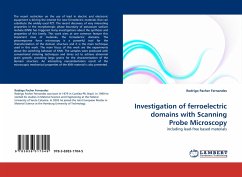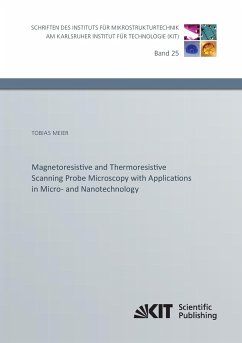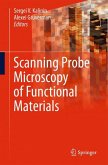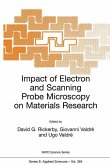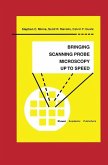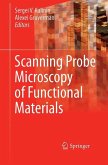The recent restriction on the use of lead in electric and electronic equipment is driving the interest for new ferroelectric materials that can substitute the widely used PZT. The recent discovery of very interesting properties in the morphotropic phase boundary of potassium sodium niobate (KNN) has triggered many investigations about the synthesis and properties of this family. This work aims at one common feature this important class of materials, the ferroelectric domains. The piezoresponse force microscopy is a powerful tool for the characterization of the domain structure and it is the main technique used in this work. The main focus of this work are the experiments about the switching behavior of KNN. The samples were produced with conventional sintering techniques and times set to achieve abnormal grain growth, providing large grains for the characterization of the domain structure. An interesting nanoindentation result of the microscopic mechanical properties of the KNN material is also presented.

